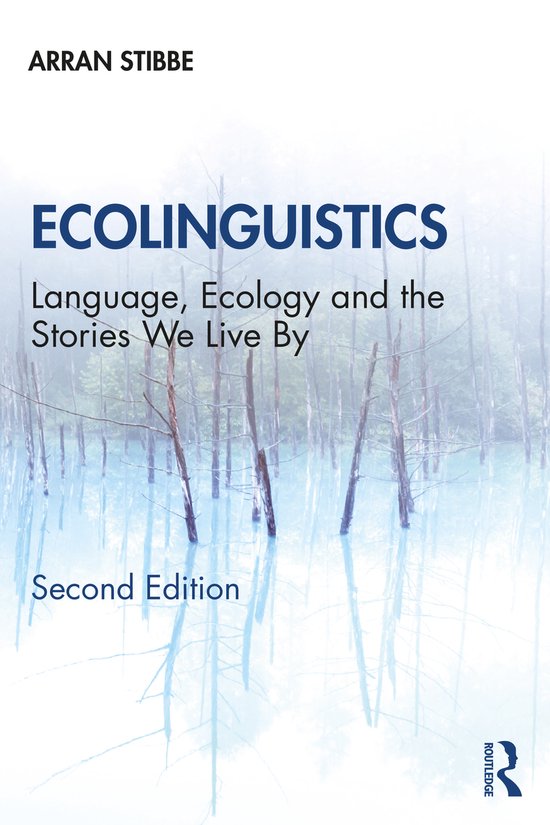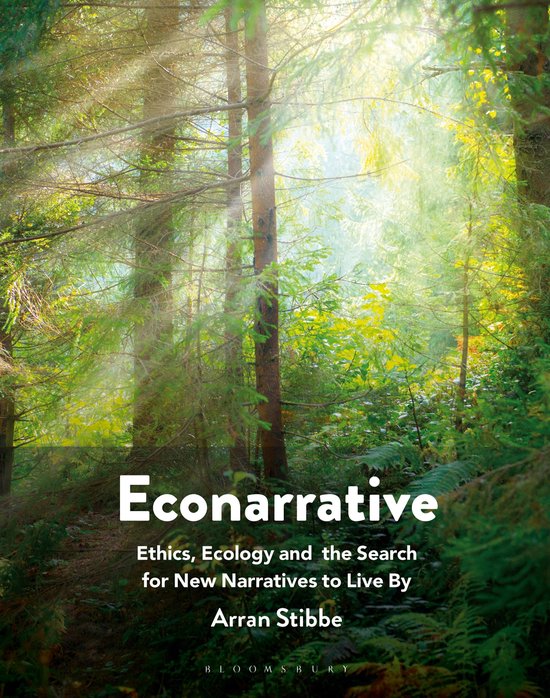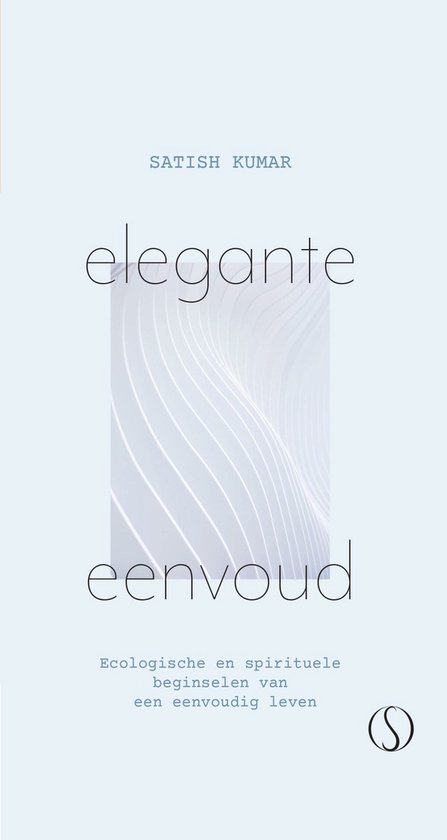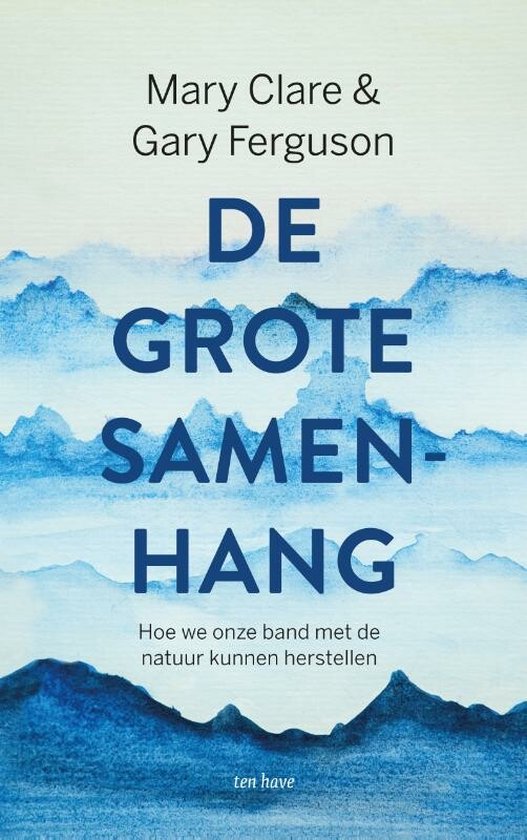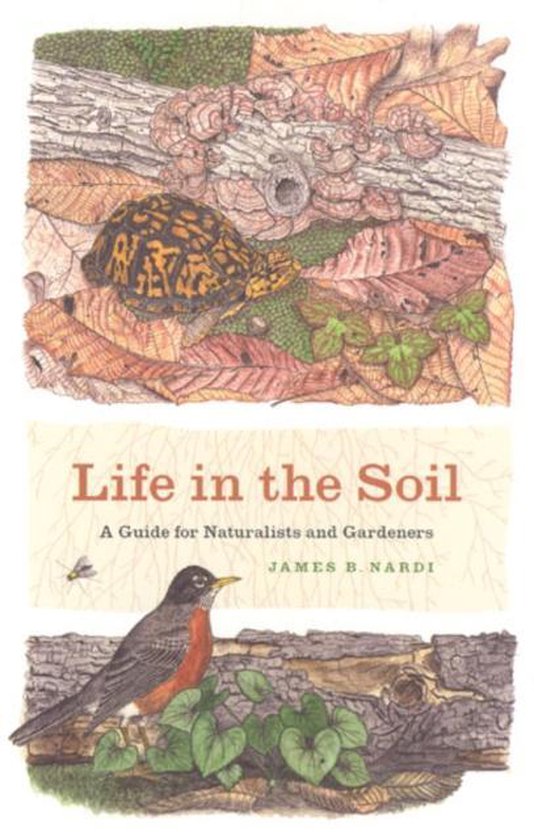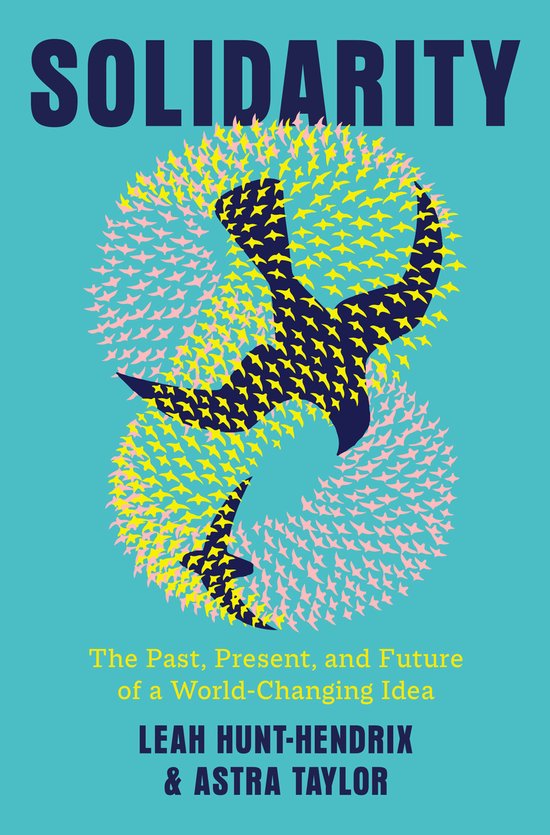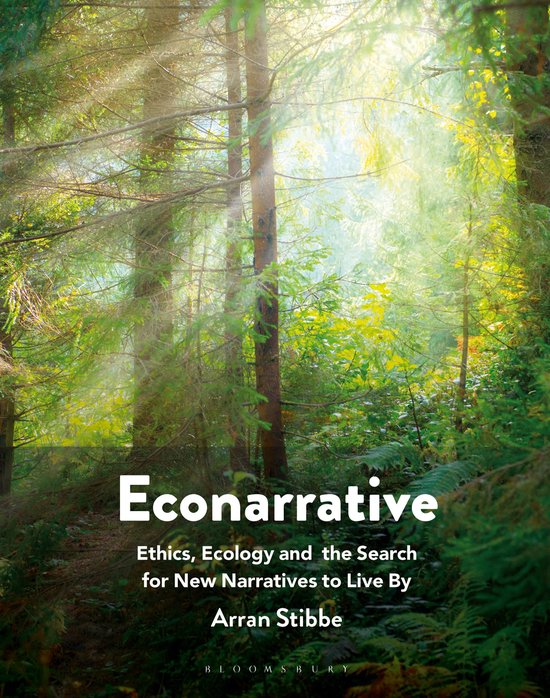
Econarrative
Econarratives are all around us, but although they seem complex, the definition of 'econarrative' is simple: a story which influences how people interact with other species and the natural world. This book provides a linguistic theory of econarrative, drawing from ecolinguistics, critical discourse analysis, positive discourse analysis and traditional narratology. It illustrates this theory through examining a wide range of examples, such as:
- Creation myths
- Environmental reports
- Fairy tales
- Animal narratives
- Japanese haiku
- Indigenous writing
- Films
- Speeches
- Advertisements and campaigns.
Across these examples, the book adopts a global and interdisciplinary approach, considering specific samples including from Al Gore's An Inconvenient Truth, the words of Greta Thunberg, David Attenborough's wildlife documentaries, the Bible, and the Native American autobiographical non-fiction of Luther Standing Bear, Zitkala-Sa, and Charles Stanley.
Through this extensive coverage, the book explores the linguistic features that convey emotion, embodiment, empathy, identity, value, enchantment, compassion and other important aspects that shape interactions with the natural world. It also raises awareness of the powerful role that econarratives play in structuring our lives and society. If we want real, fundamental change, then we will need to change the econarratives we live by.
| Auteur | | Arran Stibbe |
| Taal | | Engels |
| Type | | Paperback |
| Categorie | | Taal |
